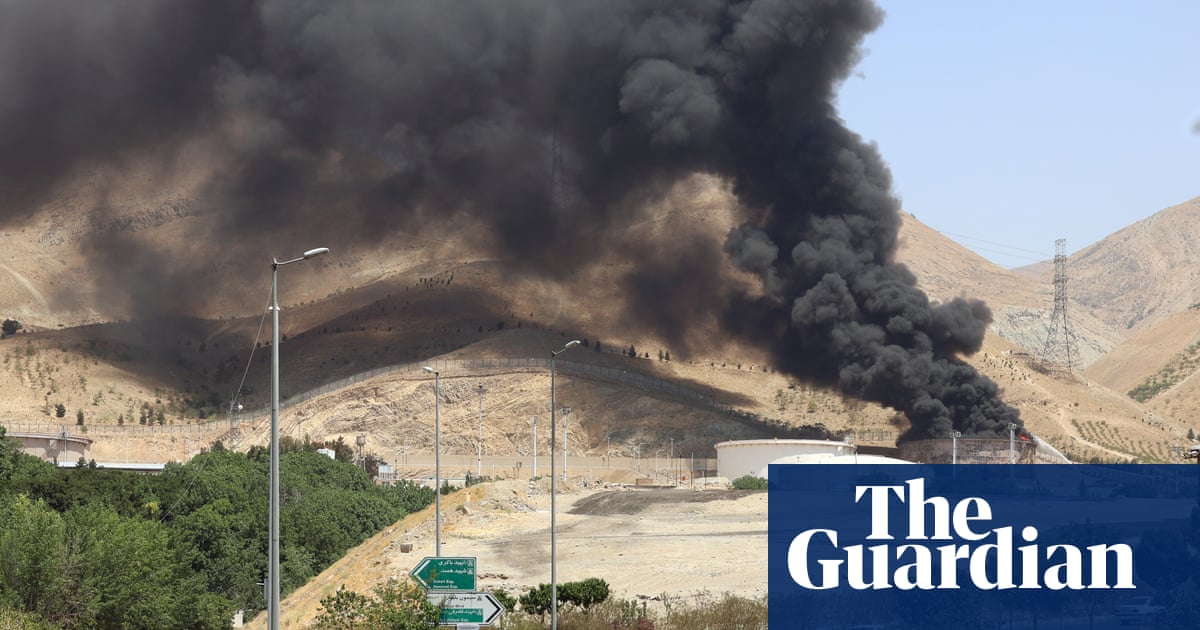Iran is on the brink of leaving the Nuclear Non-Proliferation Treaty (NPT) as conflict with Israel intensifies. The violence has escalated, with airstrikes affecting civilians and critical infrastructure in both countries. Iran’s health ministry reports at least 224 casualties, mainly among civilians, while Israel has seen 23 deaths due to Iranian missile attacks.
Both nations are targeting oil and gas facilities, raising concerns about environmental disasters. Meanwhile, G7 leaders, meeting in the Canadian Rockies, appear to have no clear solution for ending the conflict. The U.S. President has indicated that sometimes fighting is unavoidable.
Iran is contemplating a significant decision: its parliament is drafting a bill to withdraw from the NPT, which obliges it to avoid nuclear weapons. Esmaeil Baghaei, a spokesperson for Iran’s foreign ministry, affirmed that the country remains committed to peaceful nuclear energy.
It’s essential to recognize that Israel possesses nuclear weapons but has not signed the NPT. Experts argue this creates an imbalance in the region. In contrast, Iran’s leadership maintains that their focus is on energy research despite the international scrutiny and military threats.
Military analysts note that Israel’s air defense can intercept most Iranian missiles, yet some still hit urban areas. A recent missile strike resulted in eight Israeli fatalities. Iran’s Revolutionary Guards claim to have adapted their strategies to overwhelm Israeli defenses, but independent verification is necessary.
Recent statistics from the International Atomic Energy Agency (IAEA) show damage to key Iranian nuclear facilities due to Israeli strikes, including the central chemical laboratory and uranium conversion plants in Isfahan. However, the Fordow enrichment facility, deeply buried, remains largely intact.
Public sentiment on social media reflects a mix of outrage and concern, with many users sharing images of the conflict’s devastation. As residents flee Tehran, Iranian officials have resorted to swift justice against alleged spies, causing further tension.
At the G7 summit, global leaders aim to address the nuclear threat from Iran while supporting Israel’s right to defend itself. Germany’s Chancellor emphasized finding diplomatic solutions to avoid escalating violence.
This complex situation underscores the need for international dialogue and cooperation to prevent further loss of life and stabilize the region. The interplay of military actions and political decision-making will greatly influence the future of both Iran and Israel.

















:focal(0x0:3000x2000)/static.texastribune.org/media/files/48c0bfa15c7fb9015c62d5464574f10c/Fort%20Bliss%20Trespassing%20EPM%20CB%20TT%2001.jpg?w=480&resize=480,480&ssl=1)


